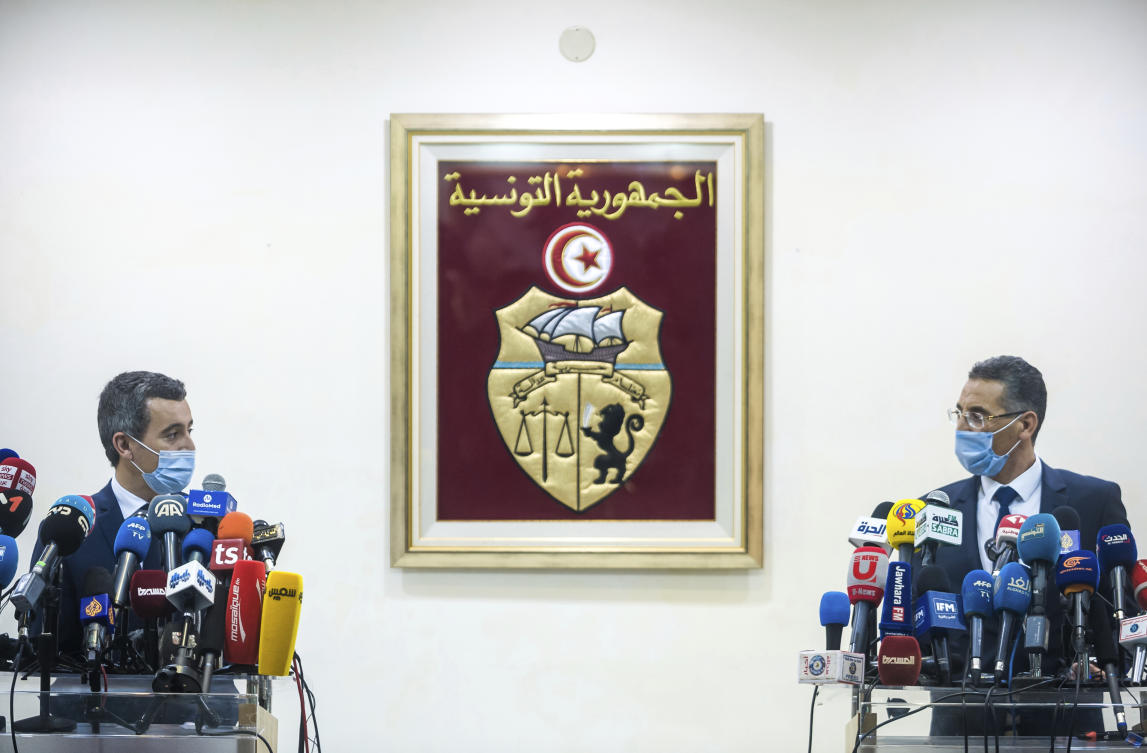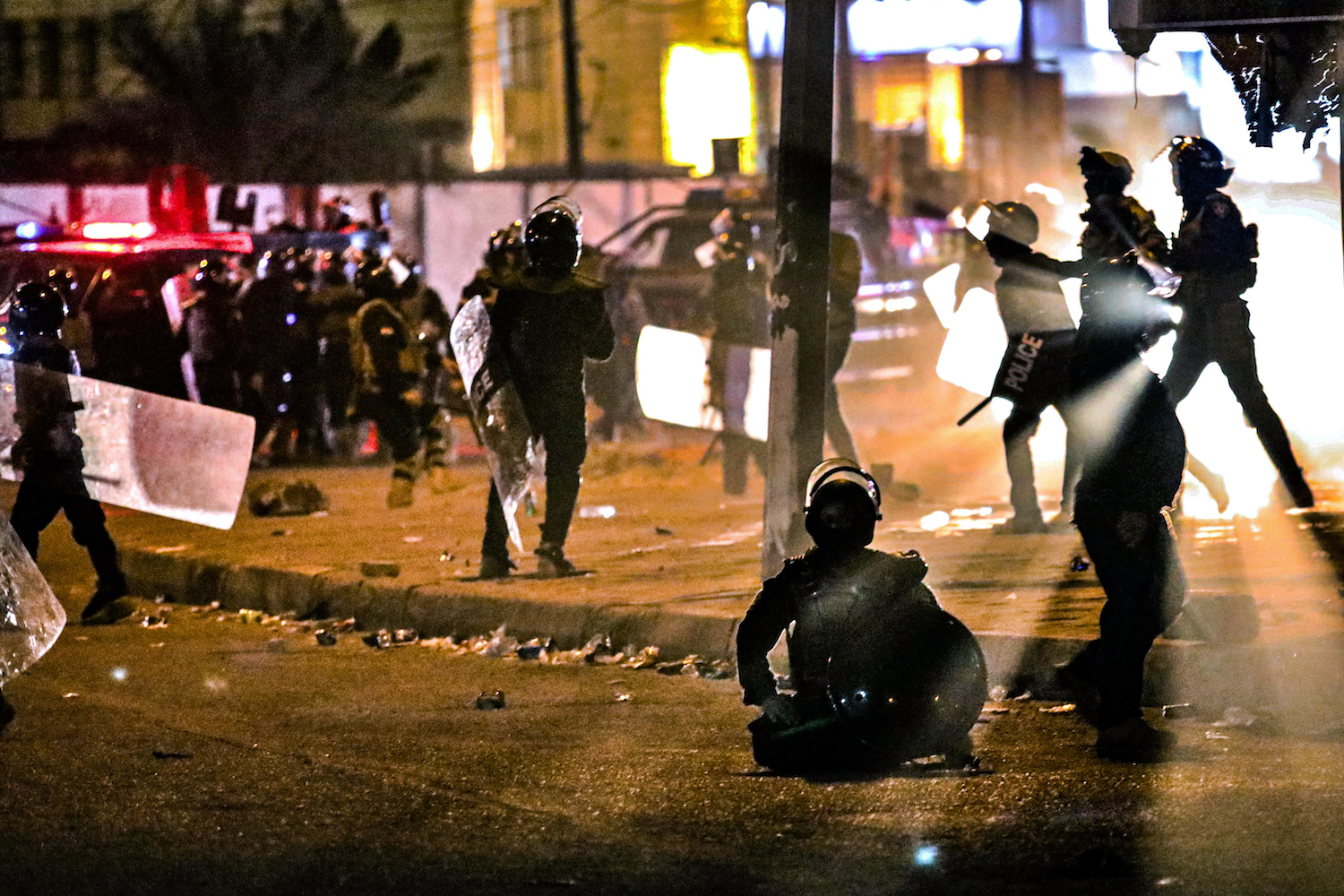UK, EU warn Israel over West Bank evictions, demolitions
LONDON: The UK and EU have warned Israel over its campaign to turn a West Bank region into a “firing zone for training exercises.”
Israel has faced increasing scrutiny in recent weeks after it pushed forward with evictions and demolitions across the West Bank.
Masafer Yatta is one of the poorest areas in the occupied Palestinian territory. Traditional shepherd villages and caves that make up the region rely on an NGO-funded water supply and solar panels.
Palestinian shepherds rejected Israel’s proposal of “part-time” living arrangements for residents.
Muhammad Moussa Abu Aram, a Masafer Yatta resident, said he dreaded being forced to leave his home, adding that “every aspect of life is difficult here” due to Israeli military activity.
Both the UK and EU have condemned Israel’s demolition campaign. Sven Kuhn von Burgsdorff, EU representative to Palestine, said during a recent visit to the region: “We call on Israel not to carry out demolitions in the communities, which are highly vulnerable.”
He added: “Displacing the communities would be in contravention with Israel’s obligations as an occupying power under international humanitarian law.”
A British consulate spokesman in Jerusalem said: “Demolitions and evictions cause unnecessary suffering to Palestinians and damage the prospects of a two-state solution.”
Brussels and London have sent envoys to inspect recent Israeli actions in the area. Meanwhile, the UN announced on Thursday: “So far in 2020, 689 structures have been demolished across the West Bank, including East Jerusalem.”
West Bank resident Yasser Abu Al-Kbash told America’s National Public Radio that the recent demolitions were deliberately timed.
“I am 99 percent certain this was taking advantage of the US elections. There were no journalists around,” he said.

Israel razes most of Palestinian Bedouin village in West Bank on US election dayPalestinian fires on Israel troops in West Bank, shot dead: army







